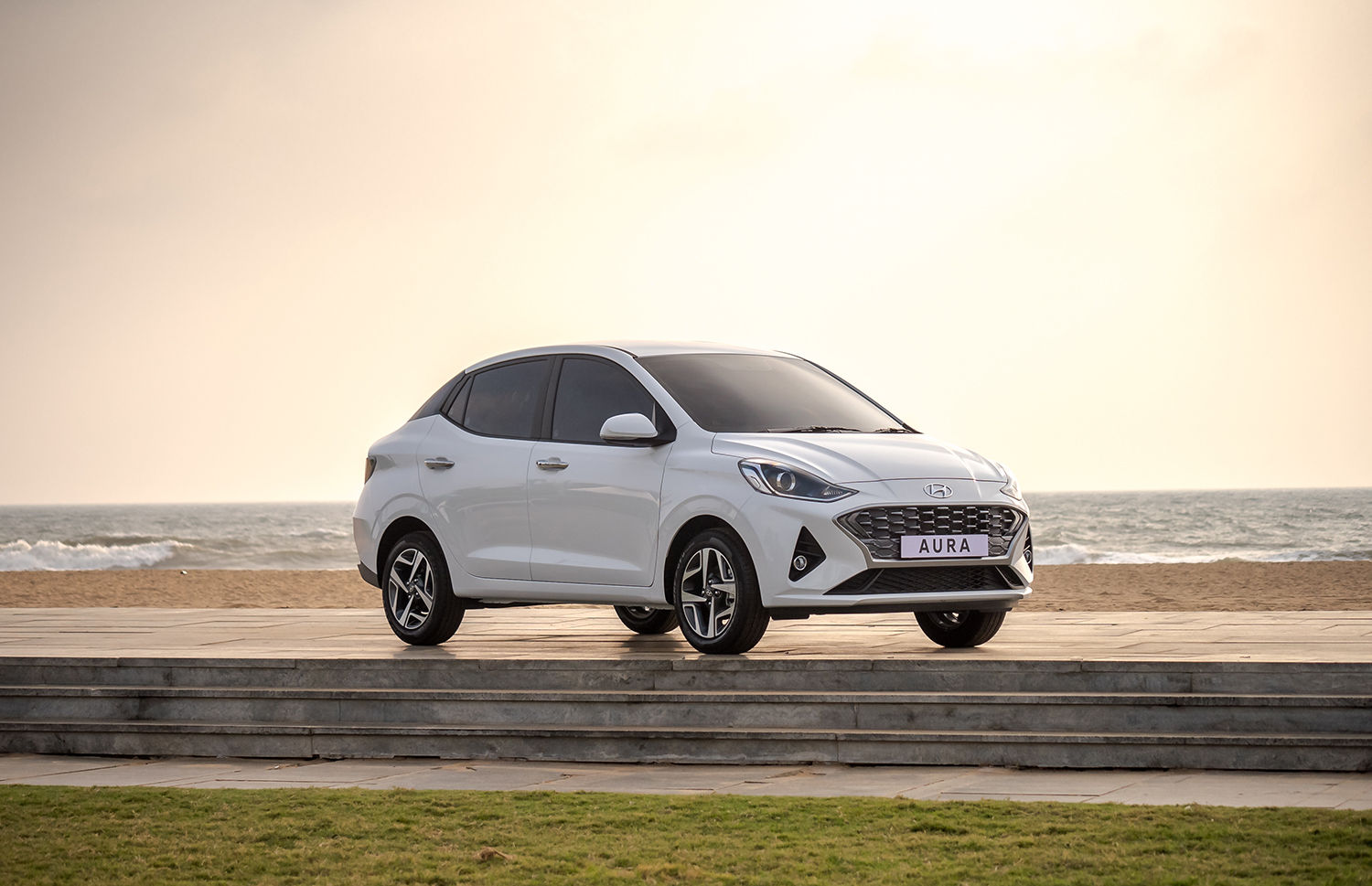Supreme Court Excise Duty Ruling Results in Trouble for Automakers
Published On Oct 22, 2012 01:48 PM By Ritesh
- Write a comment
A recent judgment by the Supreme Court has given the struggling auto makers something more to worry about. This judgment allows the excise department to collect tax on any goods at their ‘normal price’, even if they are sold at a price that is below their cost price. This judgment was delivered unto automobile partners, Fiat India and Premier last month and the full effect is being recognized now.

The automakers were asked to pay Rs. 311 crore and 49 Rs. 49 crore each, respectively for the sales of their Fiat Uno which were sold at below the cost price from between 1996 to 2001. According to experts, the reason for this ruling is to stop manufacturers from pricing their products at below the cost price as a business strategy. Premier Ltd. has already filed a review petition and Fiat will follow suit.
"This judgment has ramification which goes beyond the cases where goods are sold below cost," said Sachin Menon, partner - Indirect Taxes, KPMG, "Even the existing law allows discounts, known at the time of clearance of goods, as a deduction from the assessable value of the goods that are taxed for the purpose of excise. Now, even these can be questioned on the basis of the intangible mileage achieved by the seller in the market place. The Fiat judgment thus has an impact of unsettling the legal positions that is being followed by the trade, industry and the department over the past few decades," Menon added.
The reason for this judgment from the Supreme Court is because it found that Fiat’s strategy of selling below cost price was resulting in extra commercial consideration for the company. Since this judgment affects all manufacturers, the heads of several automakers held an emergency meeting, called together by the automotive industry body SIAM. "We humbly accept the Supreme Court ruling. But the implication of this case could be significant. The ultimate motive of businessmen is to make money. It would seem unreasonable to continue making losses year after year. Companies do sell the product at a loss, to popularise the brand. These are acceptable principle of economics to do overall profit in the long run," Shekhar Viswanathan, chairman SIAM's taxation policy and deputy managing director, commercial of Toyota Kirloskar Ltd, said.
"However, there are situations where in the auto or any other industry will have to sell their product below cost price for instance during festive season, or when they have a huge unsold stock, or when there is sudden change in raw material prices of rupee-dollar equation, one can't always pass on the price increase to the customers," he explained.
An explanation to the judgment was given by Huzefa Nasikwala, founder and partner of Nasikwala Law Office who stated, “The judgment does not consider whether the practice adopted by the excise authorities can impinge on Article 19 (1) (g) of the Constitution. This article gives freedom to practice any profession, or to carry on any occupation, trade or business to the people. Now, Fiat India and Premier have two options. Either the government can bring the amendment nullifying the effect of the order. The other option is to file a review petition and if the same gets rejected then to file curative petition which looks to be an uphill task."















